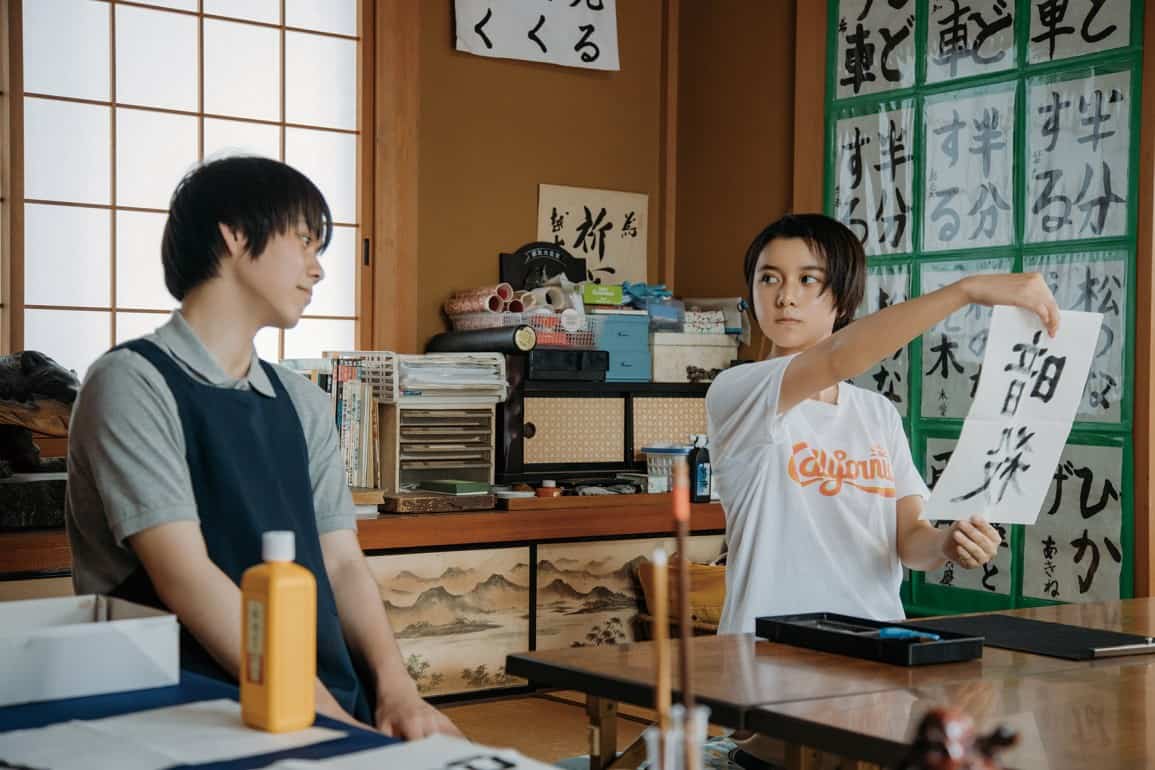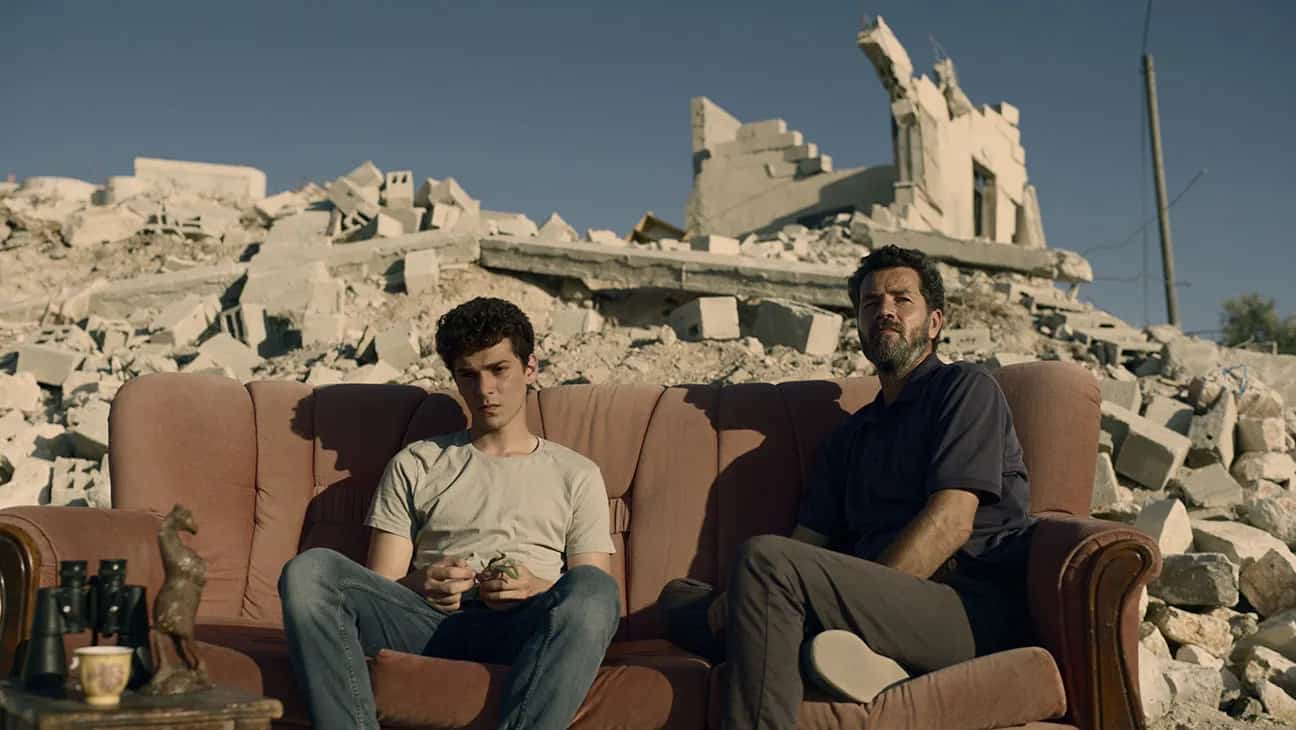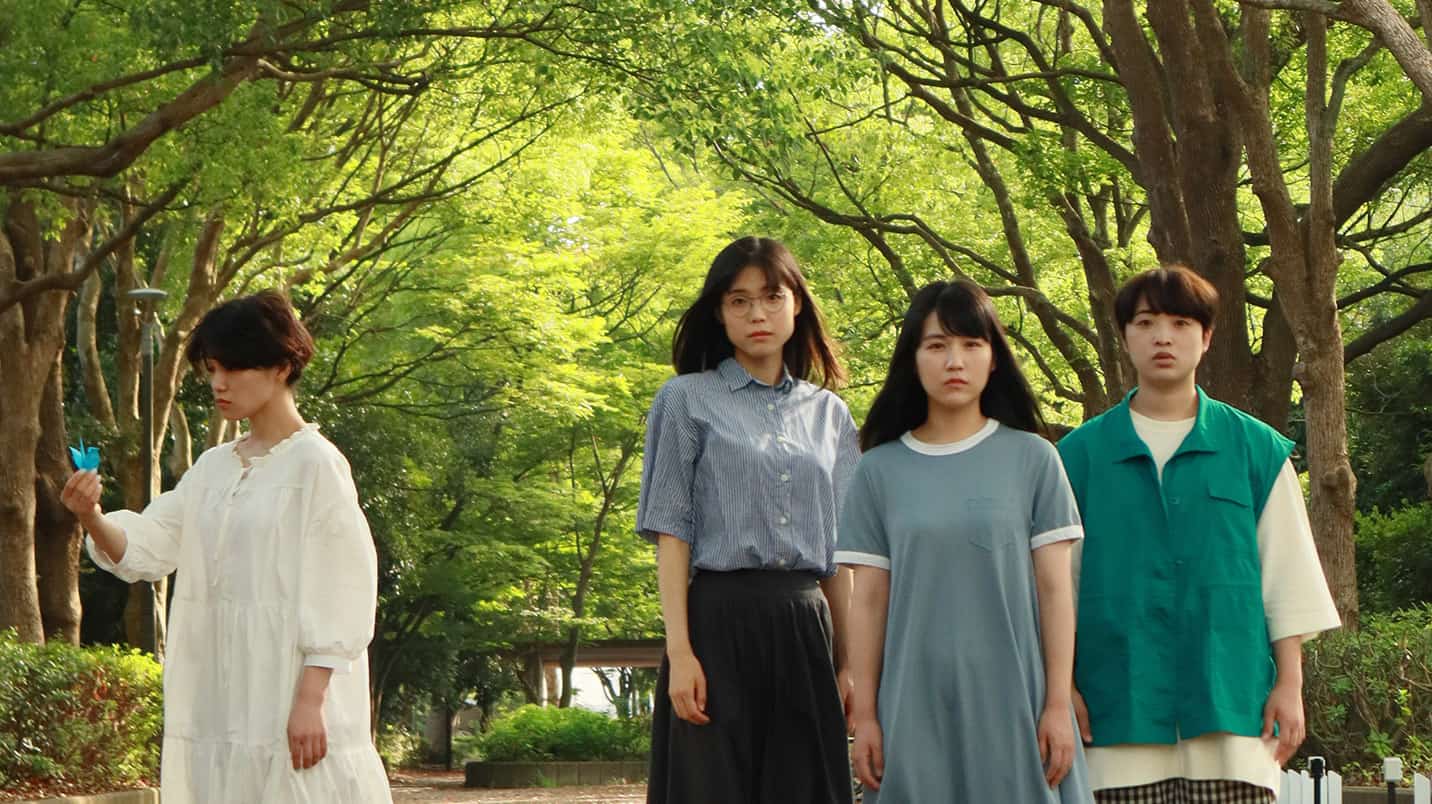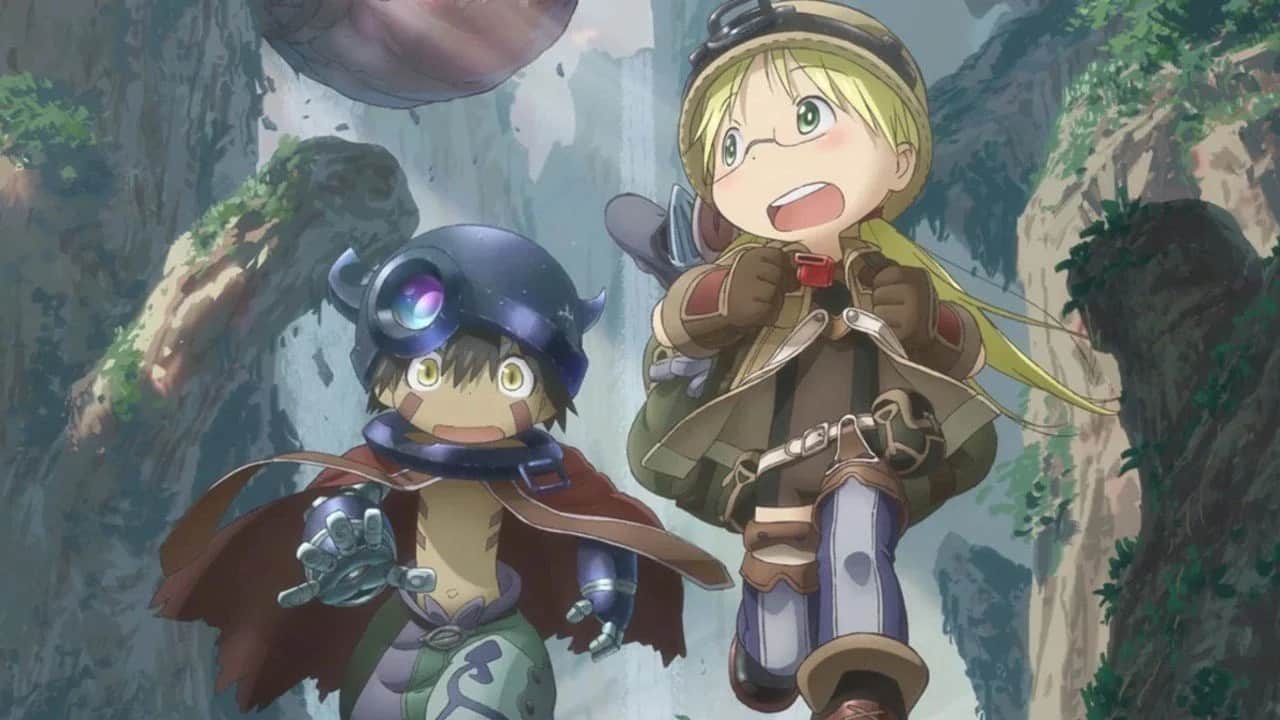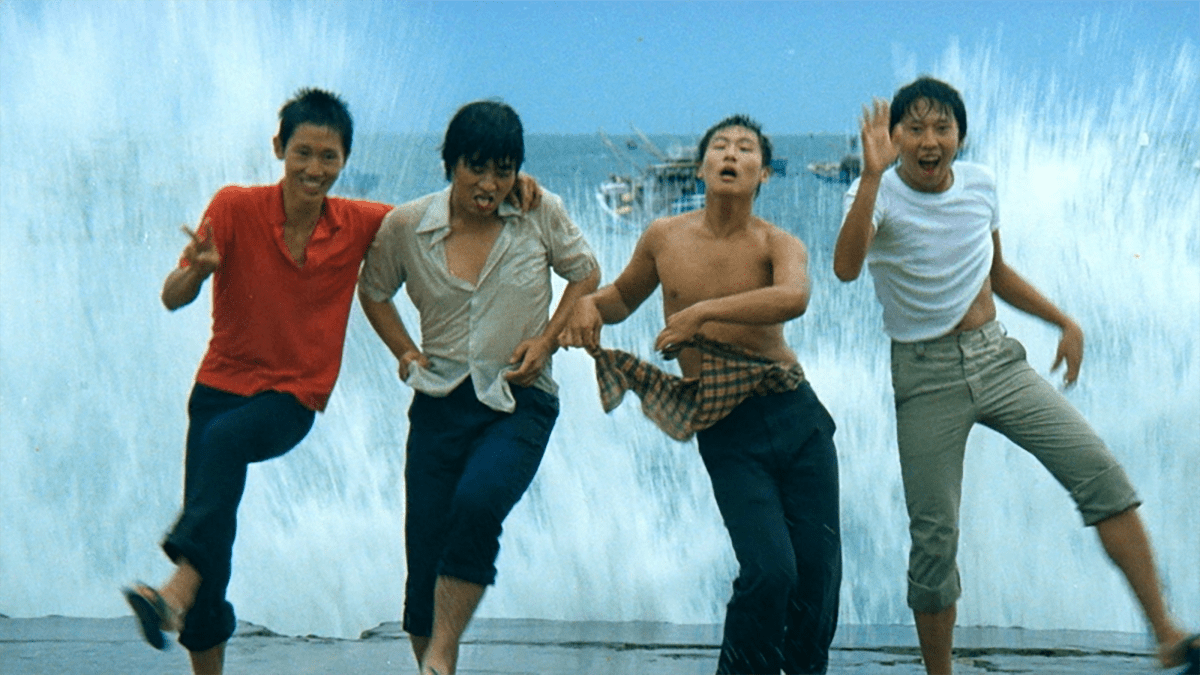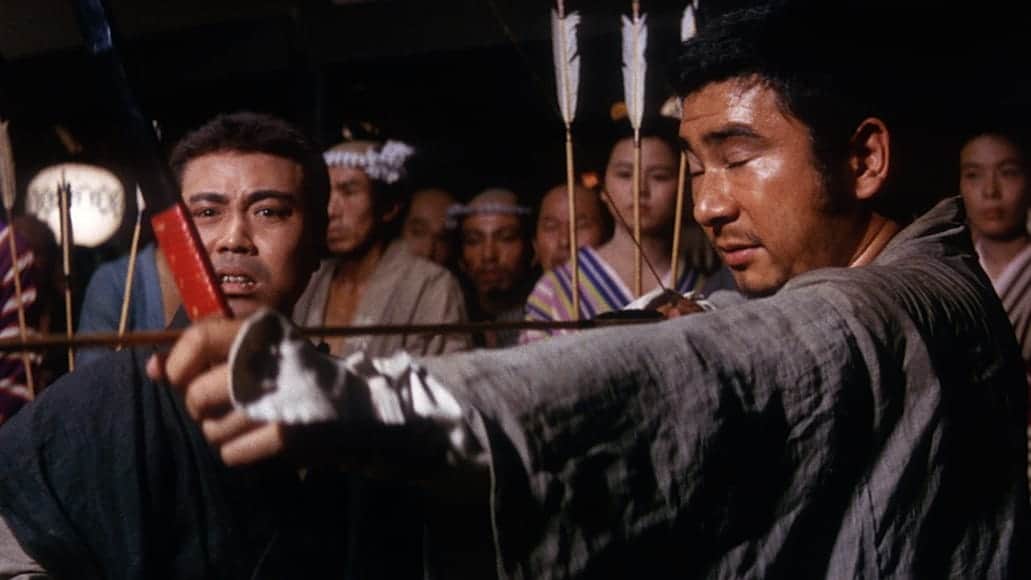Along with Andrei Tarkovsky, filmmaker Sergei Paradjanov is perhaps one of the most popular and beloved directors of the former Soviet Union. Interestingly, both men not only shared a deep friendship with each other and supported the other's artistic endeavors, but also quite frequently had trouble with the Soviet authorities for the nature of their films. In his 1986 published essay “Sculpting in Time”, Tarkovsky mentions his frustrations with a Ministry of Culture that had very strict, and of course ideology-friendly ideas about how a film should look like, who the characters and what the plot structure should be. While Paradjanov followed these principles in his early career, he later changed the nature of his work, famously calling all of his films before 1965 “garbage”.
“Shadows of Forgotten Ancestors” will screen at Hong Kong International Film Festival Society

Ultimately, the film which would be the first to introduce the world to the “new” cinema by the Soviet filmmaker was “Shadows of Forgotten Ancestors”, a story exploring the rich culture of the Carpathians and its many ethnicities, most famously the Hutsuls. The story of the film takes place in a small town amidst the mountains, seemingly cut off from the rest of the world, where a young man named Ivan (Iwan Mikolaitschuk) meets a beautiful young girl named Marichka (Larissa Kadotschnikowa) and they fall in love with each other. However, their love must be kept a secret, for there has been a violent feud between their families, following a bloody battle between their fathers after Sunday mass.
Nevertheless, both of them want to get married and leave town eventually, which is one of the reasons Ivan takes on a position as a shepherd far away to save money for their future. While he is gone, tragedy strikes and as Ivan returns home to find out what has happened, he is struck with a deep grief that will define his whole life and future relationships.
As with many of his films after 1965, especially his masterpiece “The Color of Pomegranates” (1969), Paradjanov's cinema is defined by a blend of curiosity and love for the culture of the setting. While in other movies, the costumes, the architecture and the music may be a mere backdrop to the action taking place, Paradjanov's camera gives these aspects full attention, putting them center stage, so to speak. On many occasions, for example during the opening minutes leading up to the first meeting of the lovers, you feel intoxicated by the rush of images and sounds, all of which show the diverse setting while also preparing the atmosphere of hope, love, happiness and the awakening of sexuality.

Additionally, Paradjanov introduces the narrow-mindedness of the townspeople sharing a rich culture, but who are also quick to judge and eager at spreading gossip. Along with religion and superstition these aspects define the canvas, or rather code at the core of their community, serving as a kind of corrective for those unwilling to obey its rules. Unmanly melancholy or sexuality are punished and those who found guilty are quickly branded as outcasts.
Even though you might read “Shadows of Forgotten Ancestors” as a parable on Soviet Russia, the film's true beauty becomes apparent when perceived as a narrative blurring the borders between reality, dream and fairy tale. The dynamic use of hand-held camera, for example, in the aforementioned opening, highlights the feeling of being overwhelmed while also supporting the notion of the young lovers not being able to control their affection. Being so deeply embedded within their culture, the stories, legends and fairy tales they tell each other and sing about, poses the question whether Ivan and Marichka are not just characters in another one of these stories, whether their fate is indeed pre-determined.
Furthermore, Paradjanov seems to trust his images to give insight into the emotions of the characters. Especially given the life-changing trauma he endures, which turns him silent for a great part of the film, the clearly structured code of colors, a notion Paradjanov would explore more deeply in “The Color of Pomegranates”, shows a man fighting internally against the darkness that has suddenly taken control over his life.
“Shadows of Forgotten Ancestors” is a great film, or rather a cinematic experience about myths, love and fate. Filled with beautiful images, songs and music, this is a must-see for cinephiles all over the world, one which has transcended time, similar to the story of its characters.



